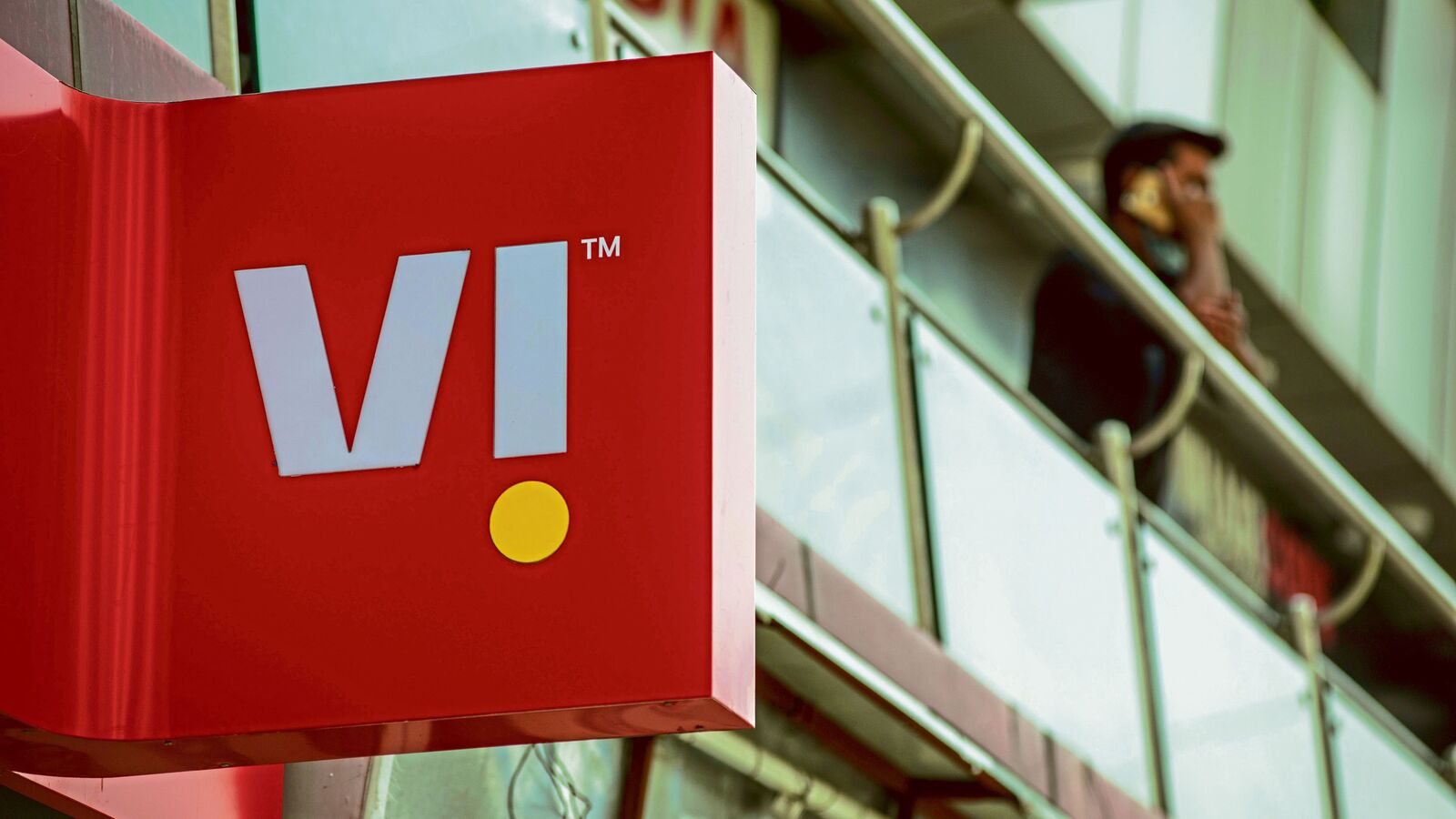“We’ve had an extensive roadshow with all international and domestic institutional investors. We are positive that we should get good subscription from both retail and (high net worth) investors also,” said Suraj Krishnaswamy, executive director of investment banking at Axis Capital, one of the book runners to the share issue along with Jefferies and SBI Capital Markets Ltd.
“As per the Sebi regulation, we need 90% subscription… right now, we are very confident that we should get good investor interest, especially once you see the anchor investment that comes out tomorrow,” Krishnaswamy said.
Vodafone Idea chief executive Akshay Moondra said the company will roll out 5G services in six-nine months following the FPO, and that it will expedite 5G equipment orders with vendors with which it has conducted trials. Its 5G service rollouts hinge on its fund-raise.
The carrier remains the only private company to not have 5G services on offer, unlike Airtel and Reliance Jio. Vodafone Idea is now focused on rolling out the service in 17 priority circles that account for 98% of its revenue, and 92% of the industry’s revenue.
Responding to queries at a press briefing on anticipated tariff hikes post the general election in June, Moondra backed the need for a correction in prices saying India’s telecom rates were among the lowest in the world, and investments were not returning the cost of capital employed.
“In terms of size of increase (in tariff)… we’ve seen what kind of increases have happened in the past and that should be reasonable to think about,” he said.
Carriers raised headline tariffs by 20-40% back in December 2019, the first after Jio launched its mobile services in 2016 and made voice calls a free service. This was followed by another hike, this time of 20%, in December 2021.
Vodafone’s management highlighted that 42% of the company’s subscribers are still using 2G service, which contributes to lower average revenue per user as compared with its competitors. But this also presents an opportunity to increase ARPU by upgrading these subscribers, the company said.
Moondra added that proceeds from the FPO cannot be used to pay promoters or promoter group of companies, and hence dues of Indus Towers, in which Vodafone Group Plc has a share, are unlikely to get cleared directly through the proceeds.
As per Indian regulations, promoters and promoter groups are ineligible to participate in FPOs.
At Vodafone, however, promoter groups have already invested over ₹2,000 crore in the company through a preferential allotment, at a premium to the price band for the FPO.
The Indian government, the single-largest shareholder in Vodafone Idea with a 32% holding, would see its share in the telco drop to about 24% following the FPO.
Government debt will be paid by internal cash generation, Moondra said, adding that some annual installments with regards to spectrum payments could be converted to equity, if the need arises. He added that even if the debt was to be converted to equity, the government’s share in the overall holding was unlikely to rise above 32%.
“We plan to pay the government installments out of our cash generation,” Moondra said. “However, there is government support available in the form of the reforms package, which says that some installments can be converted at the governments option. So the government’s support exists in a way.”
He added that the government conversion of interest on debt to equity in February last year was an important requirement for investors to come in.
“Before the government conversion happened, there was a bit of a concern on the part of the investors. The reform package was announced, but the conversion had not happened. So we had to wait until that,” Moondra said.
Moondra added that there was no need for additional spectrum currently other than the
Visit www.cagurujiclasses.com for practical courses











